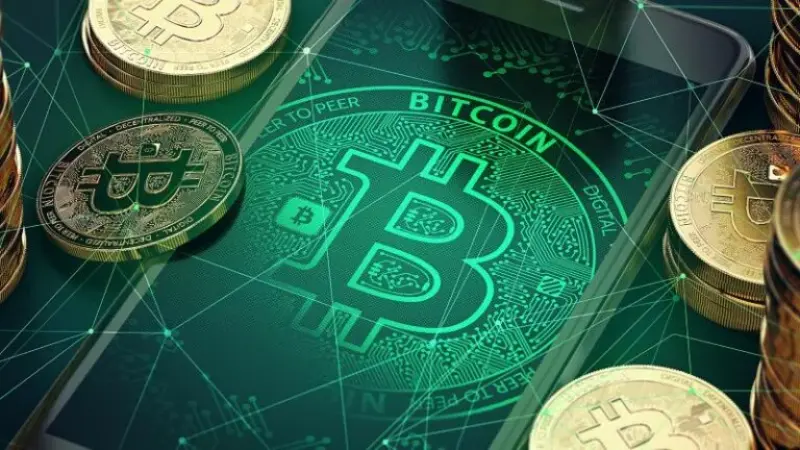The use of cash, which has gradually decreased over time, has decreased both in recent years thanks to the increasing number of companies offering payment services and the increasing weight of e-commerce (Figure 1) and in these times when we are afraid to approach each other as a result of the pandemic. While this brings to mind the future role of digital and cryptocurrency we wanted to explain what they are and how they are separated.Digital money is a representation of fiat money that exists only in the digital environment, with no equivalent that you can (literally) hold by hand. With these coins, you can accept them as a return, pay for a good or service, and make a transfer, just like you can do with the money in your pocket. Provided that all this takes place in a digital environment.Crypto money is one of the types in the class where digital money is the umbrella definition. With this type of money, which is based on blockchain structures (and the complex science behind it), peer-to-peer transfers were initially possible, but as a result of its proliferation, you can now make direct payments.
Although both seem to be the same thing at first glance, there are structural differences between them.
The first difference: Authority. There are people or individuals who can control and manage digital currencies and can be defined as authorities, but in cryptocurrencies, thanks to their blockchain-based nature, they are not controlled by individuals or small groups, but by their own communities. These communities, as we mentioned in our blog post Bitcoin Mining, are called miners.
The second difference is anonymity. In order to use digital coins, you need to introduce yourself to the authority that controls money, while there is no need to do so in order to make purchases and gives in crypto money systems. While the proliferation of crypto coins and the desire to access these coins that come with it push potential customers to the stock exchanges, this increases the difference in anonymity such as KYC (TR: “Know Your Customer”), which comes with this increased demand. Another difference here is that in blockchain-based coins, all money movement can be seen by everyone. In digital currencies, this information is hidden.
The last difference is that digital coins, unlike crypto coins, have a manager structure that you can point to, so crimes such as money laundering or fraud can be prevented. This is not the case with crypto coins. While the control mechanism in digital coins can cancel a transfer, in crypto coins, if you make a transfer to an address through the blockchain you are a user of, the amount you give cannot be returned to you unless the person you send it to wants it.
In summary, both digital coins and cryptocurrencies can partially function the same, but there are important differences and the consequences they bring. In particular, it is necessary to be careful in the use of crypto coins for goods / services.
